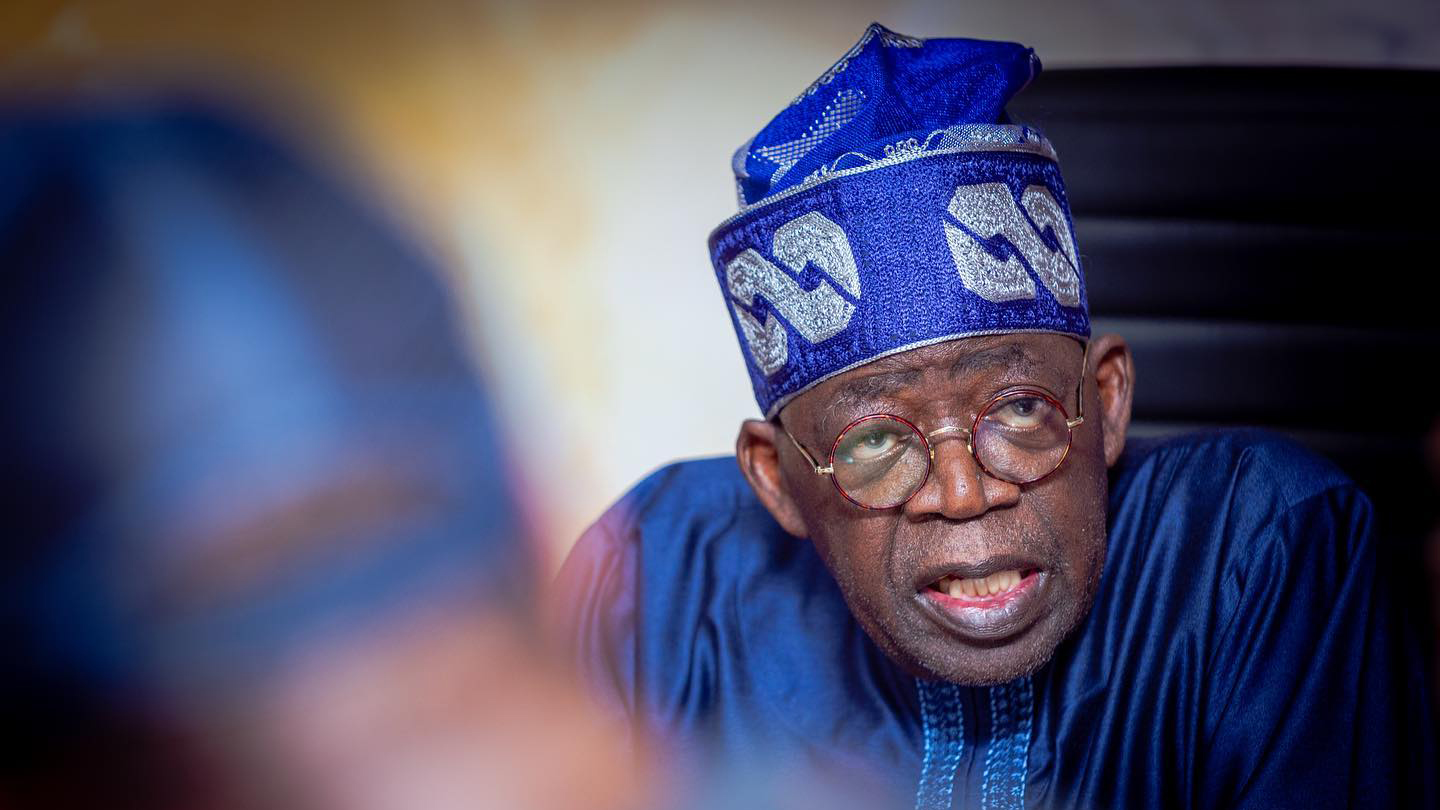I think that right from the May 29 inaugural speech, President Bola Ahmed Tinubu has set the ball rolling on reflections around what we can call the Tinubu Agenda for transforming the Nigerian state and society. Of course, most Nigerians are struggling with the ripple effects of the announcement, in the same speech, of the end to the fuel subsidy regime—something that the outgone Buhari administration had brokered before leaving. However, I believe the speech does more in outlining a preliminary set of thinking points than the microeconomics of fuel subsidy.
Inaugural speeches are often difficult to write. And this is because the one who is setting out the vision—in this case, the new president of the Federal Republic of Nigeria—is as yet sufficiently acquainted with the structural and institutional dynamics of the new office or status. However, Bola Ahmed Tinubu is no stranger to politics and Nigerian administrative trajectory. Indeed, the last eight years of the last administration provides a layer of relatively fresh failure that must be redeemed. And Tinubu’s call for renewed hope should be seen as a call to stave off such hopelessness and death.
Vaclav Havel, the former president of the Czech Republic, provides a profound statement: “Hope is not the conviction that something will turn out well but the certainty that something makes sense, regardless of how it turns out.” By calling for renewed hope, President Tinubu is asking that Nigerians focus on Nigeria as a phenomenon that makes sense; something worth hoping in; something worth fighting for.
And that is what democracy preaches—insistent hope that something good can still come out of the Nigerian state under a leadership that knows the right things to do and how to do them right. President Tinubu, in that inaugural speech, however, goes beyond just selling hope to Nigerians. He sells us also an ideal around which we can hang our collective hope; the ideal around which the Tinubu Agenda can be framed. He sells to us what he calls the “Nigerian Ideal.” This is a bold offering; almost like wanting to close the chapter on our pains and suffering—or even the governance failure of the past eight years, while opening up before us the circumference of a new vista of freshness, and what makes sense. An ideal always makes sense, something for us to believe in and yearn for and work to achieve.
- Tribunal suspends 4 pharmacists for unethical practices
- APC group asks Tinubu to raise task force on economy
“The human soul, says Victor Hugo, the French romantic writer and politician, “have still greater need of the ideal than of the real. It is by the real that we exist; it is by the ideal that we live.” So, what is this “Nigerian Ideal”? The Nigerian Ideal is what we want, through political will and national zeal, to deploy Nigeria’s ethnic capital to achieving in terms of translating the diversity into a development performance.
The Nigerian Ideal translates into the conscious efforts by the political class and Nigerians to recognise the ethnic differences that characterise us, and to harness these differences into a diversity management framework for moving Nigeria forward. This is why, even in linguistic terms, President Tinubu speaks more within the context of the collective “we” than in the solitariness of the “I”.
In sociological terms, rebuilding the broken walls of the Nigerian society is a joint and collective effort that transcends the negotiability of the Nigerian nation. And the first step in that regard is the willingness of the political class, represented by the president himself, to gamble on the development and nationhood of the Nigerian state. National integration, that is, the political realisation of the Nigerian Ideal, comes at a cost: the cost is the elite suicide of the political class. Committing elite suicide simply translates into the political class deliberately refraining from playing bad politics with Nigeria’s future.
Put graphically, the Nigerian Ideal emerges when we deliberately and systematically undermine the Nigerian Factor. The latter is our own ways of destroying our nation-building visions and strategies through corrupt living, impunity, bureau pathologies, and many of the ways we live and transact in the Nigerian socioeconomic and sociopolitical spaces. Within the context of the Nigerian factor, our predicament is the result of a leadership and followership problem.
The irrefutable condition for achieving the Nigerian Ideal—and the president grounds it poetically—is living and working together in the trenches of our collective destiny. According to him, despite the trauma of what had happened to us in the past, “…we have shouldered the heavy burden to arrive at this sublime moment where the prospect of a better future merges with our improved capacity to create that future…. For me, political colouration has faded away. All I see are Nigerians.” And yet, the Nigerian Ideal, like the rise of civilisations and the progress of nations are driven by a few.
Arnold Toynbee, in A Study of History, calls them the “creative minorities”—those who drive the engine of growth in ways that prevent stagnation and inspire the citizens to follow their lead and their policy innovation. This is the very core of the leadership challenge that many scholars, philosophers and political scientists in Nigeria have spoken about.
President Tinubu has outlined what we all consciously hope for. May the coming years see him give institutional and developmental teeth to the ideal by which we need to live and transform our lives.
Prof Olaopa is a retired Federal Permanent Secretary

 Join Daily Trust WhatsApp Community For Quick Access To News and Happenings Around You.
Join Daily Trust WhatsApp Community For Quick Access To News and Happenings Around You.
